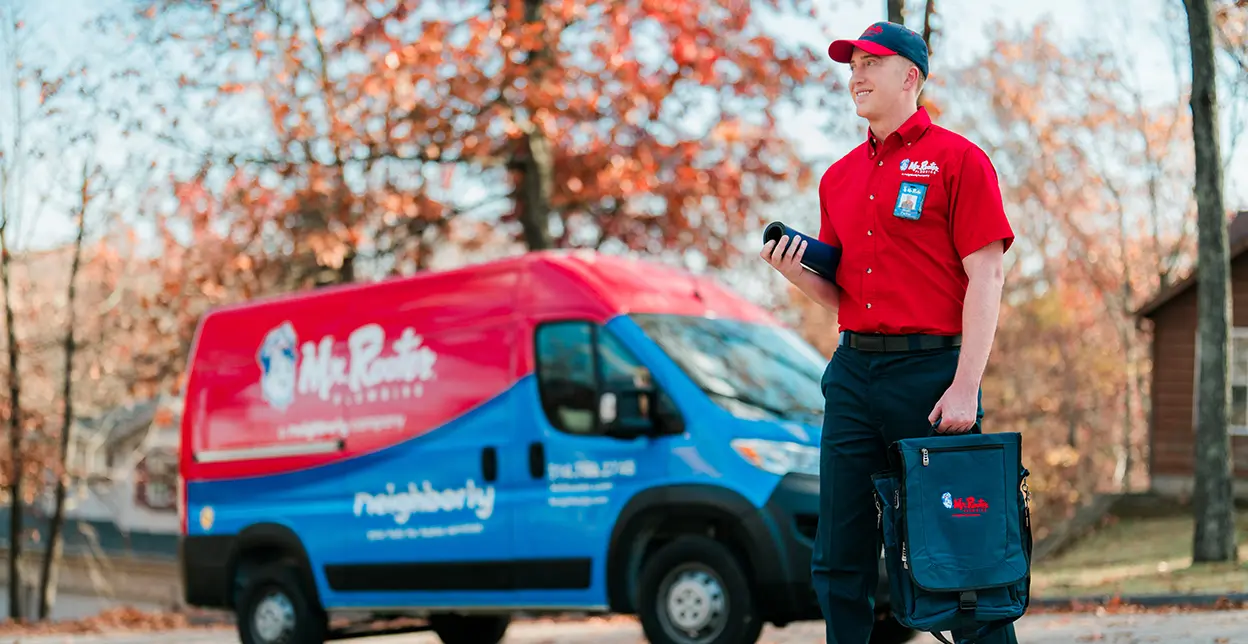Your home’s sewer pipes perform an essential service but are also susceptible to damage from tree roots, debris, and other reasons. Mr. Rooter Plumbing of Tupelo & Oxford offers professional plumbing services for homeowners in Tupelo, MS, including residential sewer system backups. A backup in your home’s sewer system can lead to all types of problems, but you can count on our licensed and insured plumbers to solve your problems quickly and effectively. We offer re-piping and repair services for sewer and septic lines, and our experts have the process down to a science. Learn more about how we take care of sewer system backups, and get in touch with us today to request a job estimate.
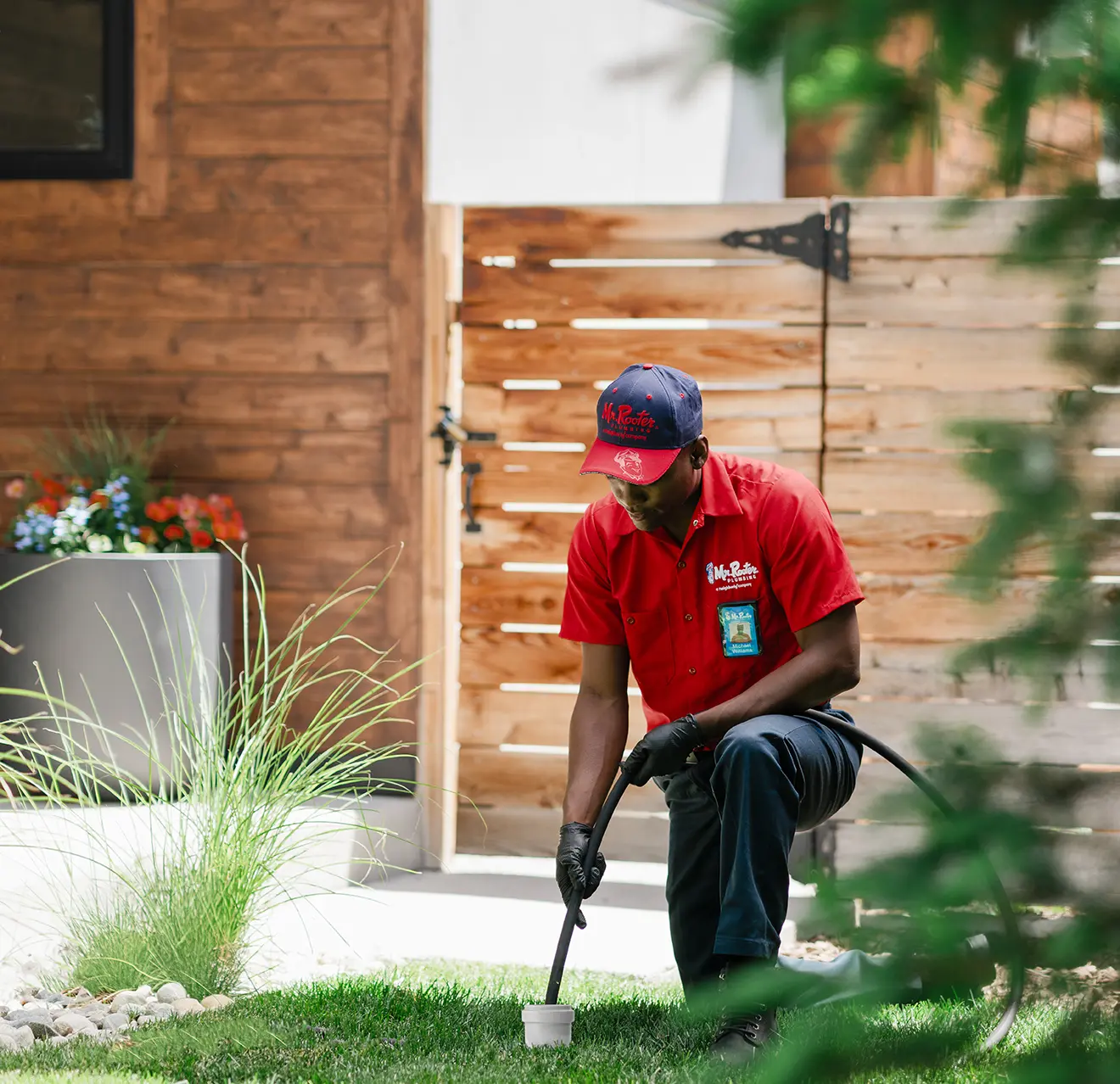
Offering Comprehensive Sewer Line Tree Root Intrusion Services
While trees are a wonderful addition to any home, tree roots tend to be the enemy of your home’s sewer pipes. Tree roots will find their way into your home’s pipes if they have leaks or condensation. The tree roots search for nourishment and can slip into a sewage system through a tiny hole, crack, or separation in the piping. After roots infiltrate your pipes, the holes will become larger and lead to clogs in your system before your pipe eventually bursts. Some signs that you are dealing with tree root invasions include backups in your bathtubs or toilets, gurgling noises in your toilets, bathtubs that do not drain properly, and a lack of water in your toilet bowl. Our professional plumbers offer comprehensive solutions for tree root invasion problems, including the following:
- Hydro Jetting – This long-term solution to treating tree root invasions uses pressurized water jets to clean out pipes. Our plumbing team will thoroughly scour your home’s sewer line, removing grease build-up, debris, and tree roots.
- Pipelining – Mr. Rooter Plumbing of Tupelo & Oxford resolves sewer line damage using this permanent solution to line and seal sewer pipes using a sleeve to eliminate water leakage. Pipelining is an effective solution and avoids trenching with no need to demolish any structures or walls.
- Pipe Bursting – We offer this permanent solution that uses hydraulics to break apart existing pipes, whether they’re made of cast iron, PVC, or clay. Your new seamless pipe will be installed to solve your problem.
- Maintenance – We recommend preventative maintenance to help you save time, money, and hassle. Our professional plumbers offer sewer and plumbing inspections, as well as drain cleaning services to prevent grease and other types of debris from building up inside your pipes. Sewer line maintenance can also prevent tree roots from wreaking havoc on pipes.
- Rooter Work & Drain Cleaning – Our team of experts will start by punching through the tree roots before clearing out your sewer line and restoring its functionality. We will also check the extent of the tree root issues and make recommendations for permanent solutions.
Warning Signs of a Septic System Backup
The team at Mr. Rooter Plumbing of Tupelo & Oxford is happy to answer any of your questions about how we repair sewer system backups, your home’s sewer backup prevention system, and your potential sewer backup prevention system cost. Your home’s septic tank can back up, creating problems beyond a backed-up sink or clogged toilet. Contacting our professional plumbers early on is critical, so we can fix your backup before a complete stoppage occurs, making you less likely to suffer from system-wide plumbing problems. We don’t recommend avoiding having your sewers cleaned out because you will likely end up with expensive damage or property contamination. Learn about some of the following septic system backup warning signs so you can contact us right away:
- Black liquid accompanied by a foul odor in your toilets or drains
- Toilets that flush or drain slowly
- Foul odors in and around your home from septic system failure or incorrect ventilation
- Multiple drains in your home running slowly
- Noticeable green grass on the top of your septic system, even during a dry and hot summer
- Algae or weeds growing in a pond near your house, sometimes due to septic water discharge
- Bacteria growing in a well can be caused by septic system liquid contaminating drinking water through the ground
- Wastewater that seeps from the ground near your home’s septic system and may have a foul odor
Schedule Sewer System Service Today
It might be easy to ignore drain problems, but we encourage you to contact us immediately so we can stop the problems in their tracks. Our team will effectively solve your sewer line issues to keep your home and property in tip-top shape. Mr. Rooter Plumbing of Tupelo & Oxford uses the latest and greatest technology to perform commercial and residential plumbing services, and our Advantage Plan® can help you save money while avoiding costly problems down the line. Contact us today to schedule service or request a job estimate.
Residential & Commercial Services
We strive to provide you with choices to resolve your plumbing issue and perform professional workmanship on the option you choose. By calling on our team of skilled service professionals and qualified plumbers, you can be sure it will be Done Right.
-
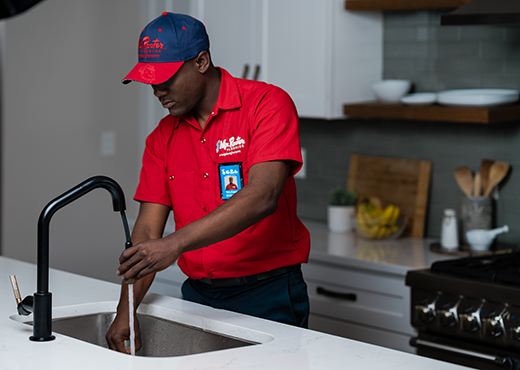
Drain Cleaning
Learn More Drain CleaningLet Mr. Rooter get rid of your kitchen, bathroom, and sewer clogs.
-
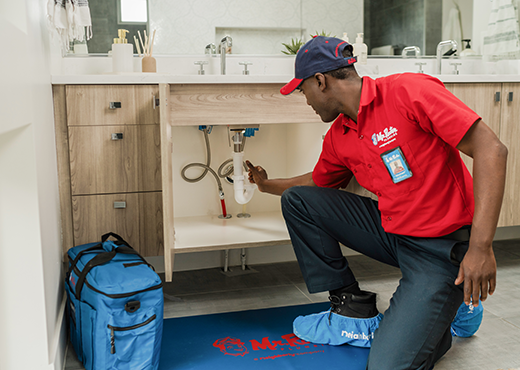
Plumbing Repairs
Learn More Plumbing RepairsSchedule a repair before a small leak becomes a big headache.
-
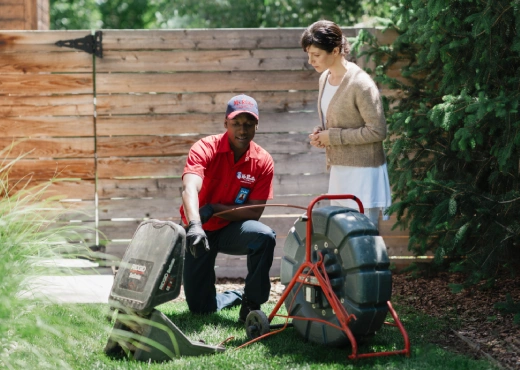
Sewer Line Repair
Learn More Sewer Line RepairAvoid a costly sewer replacement with a sewer line repair.
-
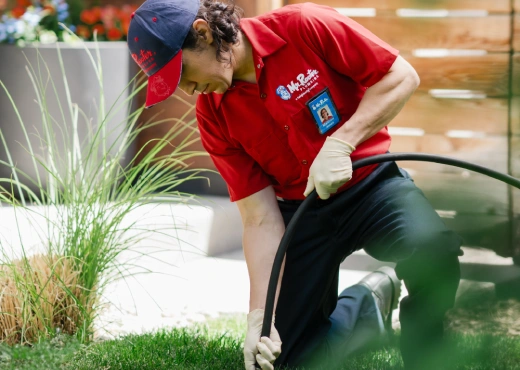
Emergency Plumbing
Learn More Emergency PlumbingEmergencies happen, and Mr. Rooter helps solve them quickly.
Mr. Rooter Plumbing of Tupelo
Choose the plumbing services team in your area. When it comes to selecting the right team for your commercial or residential plumbing services, Mr. Rooter Plumbing is the right choice.
- Abbeville
- Aberdeen
- Ackerman
- Amory
- Artesia
- Baldwyn
- Banner
- Batesville
- Becker
- Belden
- Bellefontaine
- Blue Mountain
- Blue Springs
- Caledonia
- Cedarbluff
- Columbus
- Como
- Crawford
- Duck Hill
- Dumas
- Ecru
- Etta
- Eupora
- Gattman
- Gore Springs
- Greenwood Springs
- Guntown
- Hamilton
- Hickory Flat
- Houlka
- Houston
- Jackson
- Maben
- Mantachie
- Mantee
- Mathiston
- Mayhew
- Mississippi State
- Montpelier
- Mooreville
- Myrtle
- Nettleton
- New Albany
- Okolona
- Oxford
- Paris
- Pheba
- Plantersville
- Pontotoc
- Prairie
- Saltillo
- Shannon
- Smithville
- Starkville
- Steens
- Stewart
- Sturgis
- Taylor
- Thaxton
- Trebloc
- Tupelo
- University
- Van Vleet
- Vardaman
- Verona
- Walthall
- Water Valley
- Waterford
- West Point
- Woodland
Services We Provide
Let Us Call You
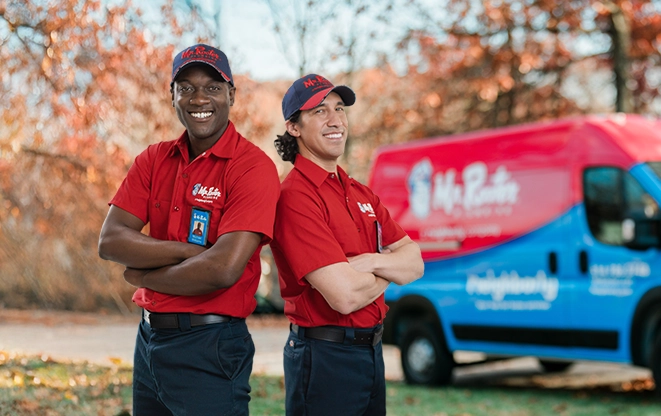
Join Our Team
Plumbing isn’t just about leaks, pipes, and gaskets - it’s about people. Mr. Rooter Plumbing franchisees offer you a career path for growth, and will treat you with the same respect and integrity that they treat their own friends and family, because at the end of the day, you can’t serve customers well without a happy, motivated, and committed team. Creating a culture with an exemplary work ethic is just as important as plumbing, and it’s part of everything Mr. Rooter Plumbing does.
